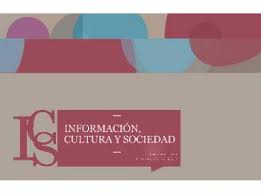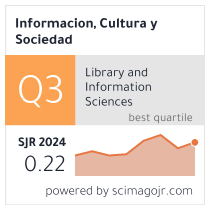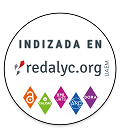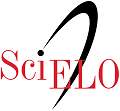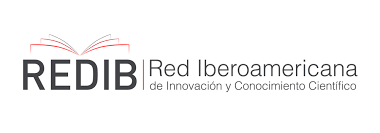Informational entropy and moral agents. A reading of 1984 by George Orwell from Luciano Floridi’s Ethics of information
Abstract
This article consists of an interpretation of the novel 1984 by George Orwell from the concepts of Ethics of Information by Luciano Floridi, who argues in favor of the role of the moral agent in relation to his contribution to the growth and strengthening of the informational environment of the Infosphere, but also recognizes that any action that negatively affects the Infosphere as a whole can increase the level of entropy. According to our research, in the informational ecosystem of Oceania society in 1984, the role of the moral agent is relevant, because a responsible and careful attitude about how to use informational objects (Winston’s diary, books, archives, the telescreen, Newspeak, speak-write, etc.), will bring about the prosperity of the informational environment and, therefore, will not cause entropy (the destruction or corruption of informational entities). However, as seen in 1984, the aforementioned informational objects are subjected to manipulation mechanisms that increase entropy, with the sole purpose of controlling the way people act.Downloads
References
Referencias bibliográficas
Bradbury, Ray. 1984. Fahrenheit 451. Barcelona: Ediciones Orbis.
Estrada, Alonso, Karen Alfaro y Valeria Saavedra. 2020. Disinformation y Misinformation, Posverdad y Fake News: precisiones conceptuales, diferencias, similitudes y yuxtaposiciones. En Información, cultura y sociedad. No 42, 93-106. <https://doi.org/10.34096/ics.i42.7427>
Fallis, Don. 2014. The varieties of disinformation. En Floridi, L. y P. Illari, eds. The Philosophy of Information Quality. Synthese Library. (Studies in Epistemology, Logic, Methodology, and Philosophy of Science). Vol. 358, 135-161. <https://doi.org/10.1007/978-3-319-07121-3_8>
Floridi, Luciano. 2006. Ética de la información: su naturaleza y alcance. En Isegoría. No. 34, 19-46. <https://doi.org/10.3989/isegoria.2006.i34.2>
Floridi, Luciano. 2013a. The ethics of information. Oxford: Oxford University Press.
Floridi, Luciano. 2013b. Information Quality. En Philosohy & Technology. Vol. 26, no.1, 1-6. <https://doi.org/10.1007/s13347-013-0101-3>
Floridi, Luciano. 2021. Trump, parler, and regulating the Infosphere as our commons. En Philosohy & Technology. Vol. 34, no. 1, 1-5. <https://doi.org/10.1007/s13347-021-00446-7>
Han, Byung-Chul. 2014. Psicopolítica. Barcelona: Herder.
Huxley, Aldous. 2000. Un mundo feliz. Barcelona: Bibliotex S. L.
Linskey, Dorian. 2019. The ministry of truth. The Biography of George Orwell´s 1984. New York: Penguin Random House.
Martínez Martínez, Bárbara. 2016. 1984 y los peligros del totalitarismo. En Filología Románica. No 33, 155-163. <http://dx.doi.org/10.5209/RFRM.55868>
Orwell, George. 1949. Nineteen Eighty-Four [1984]. London: Secker & Warburg.
Orwell, George. 2019. 1984. Buenos Aires: Debolsillo.
Sartori, Giovanni. 1998. Homo Videns: la sociedad teledirigida. Madrid: Taurus.
Tort i Donada, Joan. 2004. ¡Abajo el Gran Hermano! Unas reflexiones sobre poder, tecnología y libertar a propósito de 1984 de George Orwell. En Scripta Nova. Número extraordinario. Vol.8 <https://raco.cat/index.php/ScriptaNova/article/view/64004> [Consulta: 07 abril 2021]
Authors publishing in this journal acknowledge the conditions below:
- Authors retain the copyright of their work while they transfer the right of the first publishing to the journal, under the Creative Commons Attribution-ShareAlike 4.0 International (CC BY-SA 4.0) Licence, which allows third parties to reproduce them under the condition that express mention is given to the author and to its original publication in the journal.
- Authors may enter into other contractual and independent arrangements for the non-exclusive distribution of the version of the article published in this journal (for instance, it can be published in an institutional repository or in a book). In any case, an express mention should be given to its first publication in the journal.
- It is permitted and encouraged to publish online the articles (for example, on institutional or personal pages).
